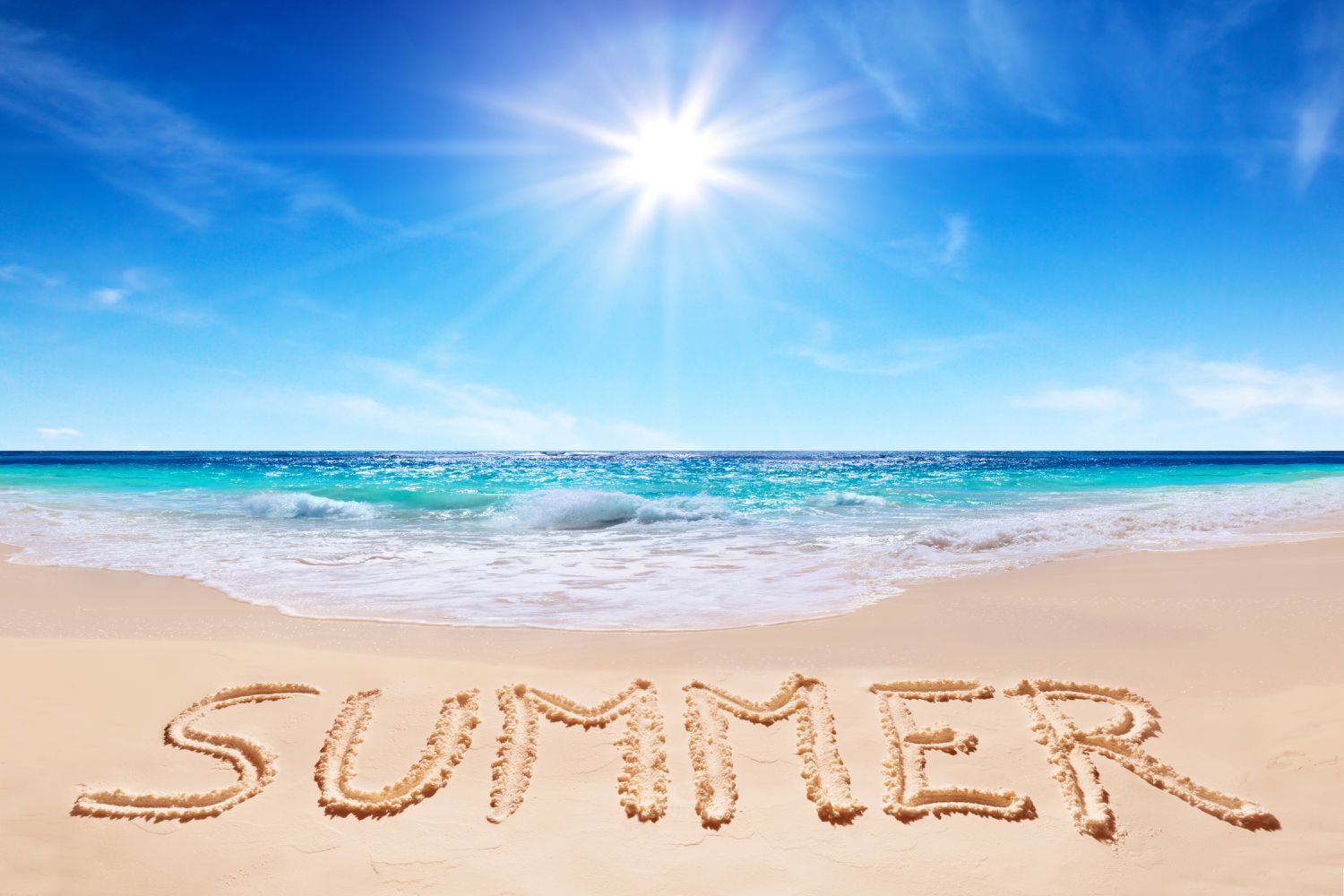Let’s talk about How many weeks are in the summer? There are generally 52 weeks in a year. However, it’s essential to note that this number is an approximation. A standard year consists of 365 days, which, when divided by 7 (the number of days in a week), equals 52.14 weeks. This means that in an ordinary year, you have 52 weeks and one day. Have you ever wondered how long summer really lasts? Let’s get started to observe how much longer this wonderful season is available.
How Many Weeks Are In Summer
How many weeks are in the summer is a common question asked by those eager to plan their vacations. There are usually 13 weeks in the summer. To complicate matters slightly, we have leap years approximately every four years. In a leap year, an extra day is added to the calendar, making it 366 days long. When you divide 366 by 7, you get 52.28 weeks. This means that in a leap year, you have 52 weeks and two extra days.
So, while 52 weeks is a common way to think about a year, the actual number of weeks can vary depending on whether it’s a leap year or a regular year. The extra days can have practical implications for scheduling and planning over the long term.

Summer’s Official Start
The official start of summer is marked by the summer solstice, which typically occurs on June 20th or 21st in the Northern Hemisphere, heralding the longest day of the year.
The Summer’s End
As summer’s final days dwindle, the world prepares for the embrace of autumn’s cool breeze and vibrant foliage, bidding farewell to the sun-kissed season.
How Many Days in Summer Break
As we discussed the summer break in the United States starts around the end of May or in the first week of June and ends in the last week of August. So according to this calculation, there are 8 weeks and 56 Days.
Factors Affecting Summer’s Length
While we’ve calculated that summer typically spans 12 weeks, various factors can influence the actual duration, including:
Geographic Location
The length of summer can vary depending on your location. Regions closer to the equator may experience less variation in season length, while those near the poles might have shorter summers. You can also Boost Your Confidence with Prodigy English.
Impact of Climate Change
As of late, environmental change has achieved shifts in weather conditions and season terms. Some areas may encounter longer summers, while others may see shortened ones.
Local Weather Patterns
Local atmospheric conditions, for example, heatwaves or delayed blustery periods, can likewise affect how individuals see the length of summer.
The Impact of summer
Summer, with its warm take on and expanded light hours, makes a critical impression on our lives and our general surroundings.
Here are a few vital effects of this lively season:
- Leisure and Relaxation: Summer is paired with trips, giving a genuinely necessary break from schedule. It’s a period for unwinding, travel, and partaking in nature.
- Agricultural Harvest: Farmers rely on summer for bountiful harvests. Crops grow in the glow and longer days, guaranteeing a wealth of new produce.
- Impact on Health: Daylight advances vitamin D creation, helping bone wellbeing. Notwithstanding, heatwaves can present wellbeing chances, requiring safeguards.
- Seasonal Changes: Summer impacts the climate, setting off occasions like the dissolving of ice covers, movement of creatures, and blossoming of blossoms.
- Mental Well-being: The glowing weather conditions frequently supports temperament and mental prosperity, decreasing pressure and improving in general satisfaction.
FAQs
How Many Days Are in Summer Vacation
Holiday plan is different in different countries but in the United States, there are around 56 days of summer vacation.
For sports enthusiasts, How many weeks are in the summer is essential when planning seasonal activities and events. All in all, mid-year normally goes on for around 12 weeks, beginning around June 20th and finishing around September 22th on the Northern Side of the equator. Nonetheless, it’s critical to remember that this span can shift in light of geographic area, environmental change, and nearby weather conditions. So, enjoy the warm weather and outdoor activities while you can!